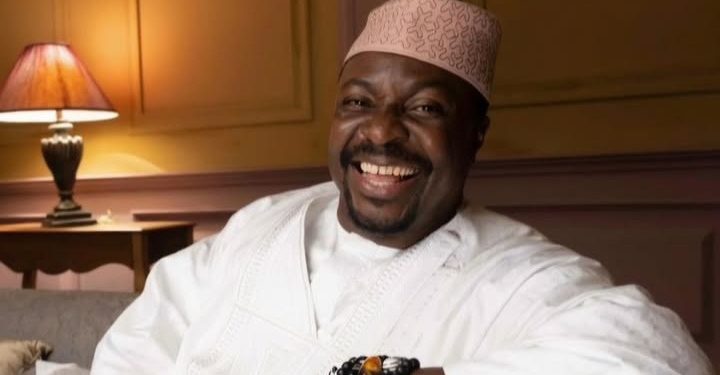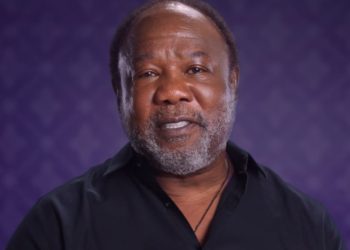Veteran Nigerian comedian and social commentator, Ali Baba, has once again stirred conversations around the deep-rooted corruption in Nigerian politics.
In a revealing conversation on the OUTSIDE THE BOX podcast, the widely respected entertainer opened up about the outrageous sums allegedly required to secure political positions in the country, figures that reflect just how monetized and inaccessible governance has become for everyday Nigerians.
Ali Baba, who is known to have close ties with the country’s political elite, laid bare the financial demands attached to various elective offices, painting a grim picture of a system designed for the wealthy and well-connected.
“To win the senatorial seat is now between N1.2bn. You need N1 or 2bn to win a Senate seat. To win a House of Rep, you need another 1 billion,” he disclosed during the podcast.
The situation is even more alarming at the state level, according to him. Contesting for the State House of Assembly requires a hefty sum of around N500 million. The cost of becoming a governor, however, depends on the state with Delta State demanding up to N20 billion, Rivers pegged at N25 billion, and northern states requiring between N4 billion to N6 billion.
“Governorship depends on the state. For Delta State you need like about N20bn, for Rivers you need a 25 billion. For some of those states in the North maybe 4 or 5 or 6 billion naira,” he added.
Ali Baba didn’t stop there. He went on to accuse many political leaders of prioritizing personal gain over public service, stating that their focus lies heavily on projects that generate funds which can be used for future elections, rather than meaningful investments in education or infrastructure.
“So it’s a capital intensive project, which is what is driving the corruption in our country right now. So anytime somebody is in office, the person is not thinking of education, except if whatever he wants to do in education will provide some money that they can leverage on when the time for election comes,” he said bluntly.
Ali Baba’s exposé adds to growing concerns among Nigerians about the commodification of political leadership and the long-standing issue of corruption, which continues to stifle national progress and erode public trust in governance.













